Health Research Hub
Scientific exchange and collaboration are key to successful research.
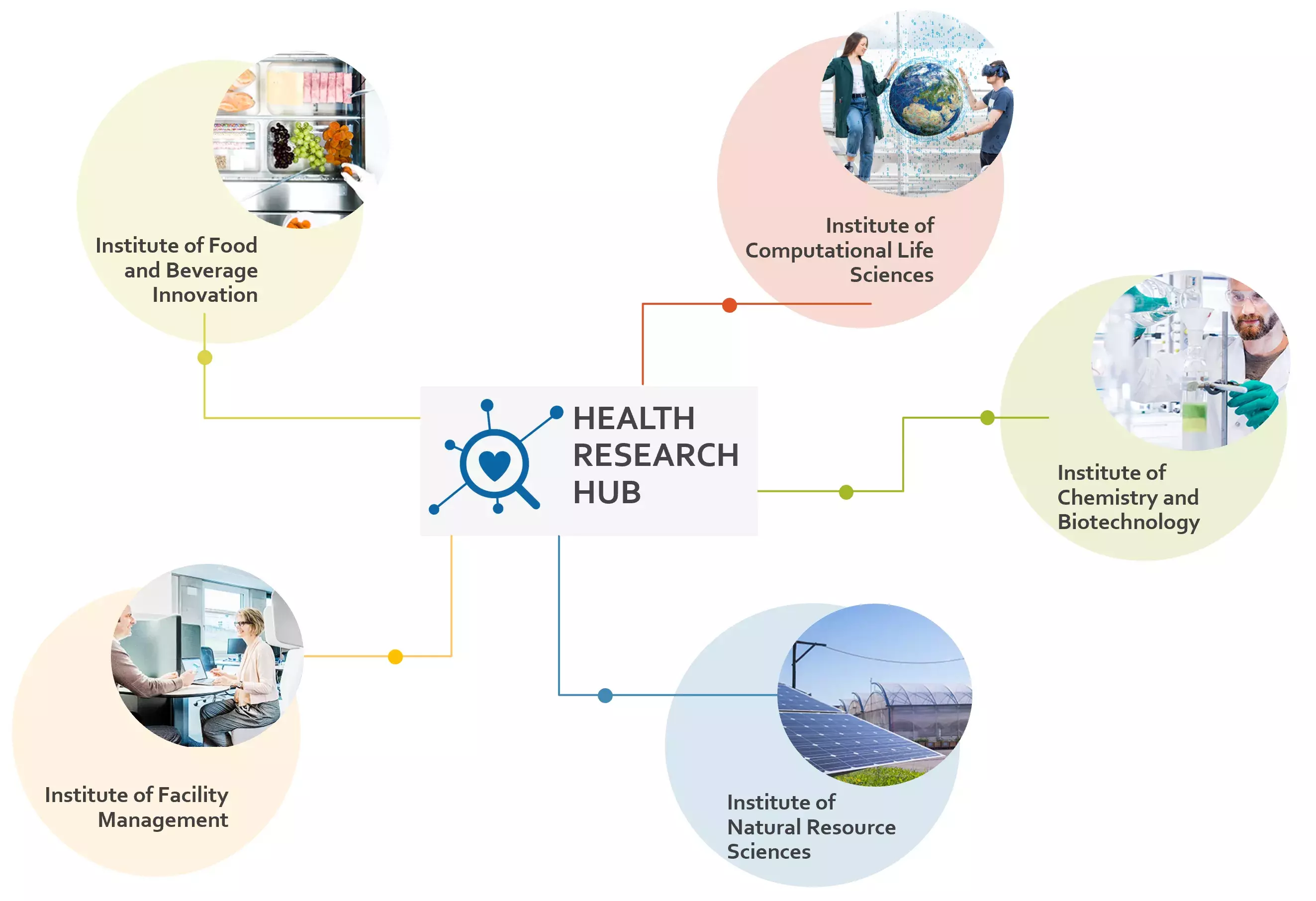
Our Mission
The strategic initiative Health Research Hub is driven by researchers of the ZHAW School of Life Sciences and Facility Management (LSFM) to support interdisciplinary research in the field of health and increase its visibility.
Health Research Hub connects different research groups with the ZHAW, supports their collaboration and develops an institutional network around health-related research. The initiative focuses on identifying synergies between the various research groups to unveil yet untapped potential within the school. For this purpose, new interdisciplinary teams have been formed which have proposed novel directions in health-related research based on the combined strengths of the contributing researchers.
Interdisciplinary Projects
The Health Research Hub promotes synergies by structuring health-related research and by supporting collaborative projects.
Seven synergistic projects have received support, addressing current topics in health-related research.
Bayes network analysis for data-driven decision support in healthcare
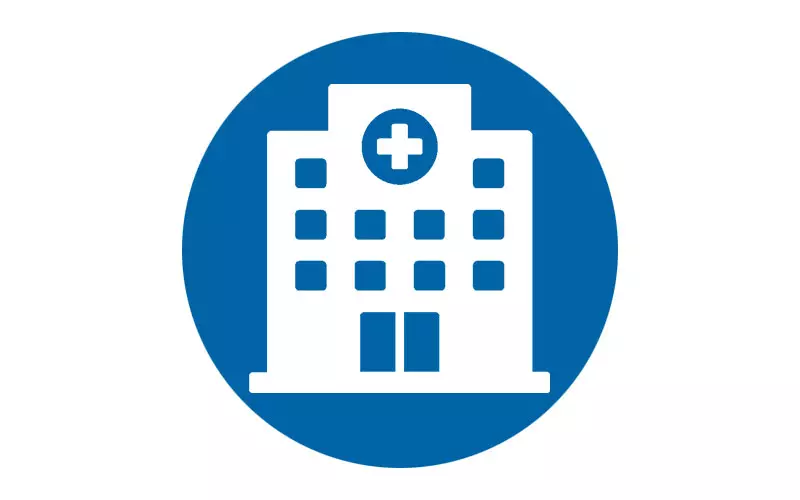
Constantly rising costs in the healthcare sector require economic action without compromising the quality of care. In this project, extensive data collected from various hospitals is examined. The resulting models in the form of Bayesian networks will allow conclusions about hidden relationships and contribute to productivity and sustainability in health institutions.
Computational literature-based natural product drug discovery
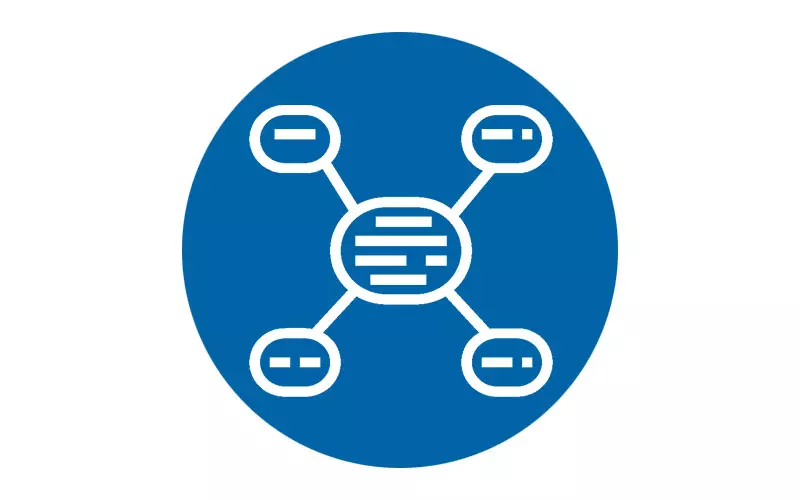
Literature Based Discovery (LBD) has become widespread, but little has been done to automate it in the field of Natural Product Drug Discovery. The goal of this project is to devise an automated LBD system for natural product drugs for new discoveries, but also to query and explore present knowledge.
Engineered bacteriophages for the control of E. coli O157

Bacteriophages are bacterial viruses that are attracting increasing attention worldwide as a promising alternative to conventional antibiotics. The goal of this project is to genetically engineer bacteriophages for a better control of pathogenic Escherichia coli (E. coli) and to further develop large-scale phage production technologies.
Fighting bites with bytes - promoting public health with crowdsourced tick prevention

Ticks are currently on the rise and transmit several infectious diseases. A team of ZHAW experts in geographical information systems, artificial intelligence, data science and in tick biology develop a spacio-temporal tick risk model to help reducing the risk of tick-borne diseases.
Molecular mechanism of bacteriophage tail spike proteins in bacterial infection

Dramatic worldwide increase in antibiotic resistance to human pathogens is of great concern. Bacteriophages selectively kill bacteria and present an alternative to antibiotics. An expert team at ZHAW investigates interactions between bacteriophages and bacteria on a molecular level.
Silent pathway awakening to discover novel antibacterial compounds from actinomycetes
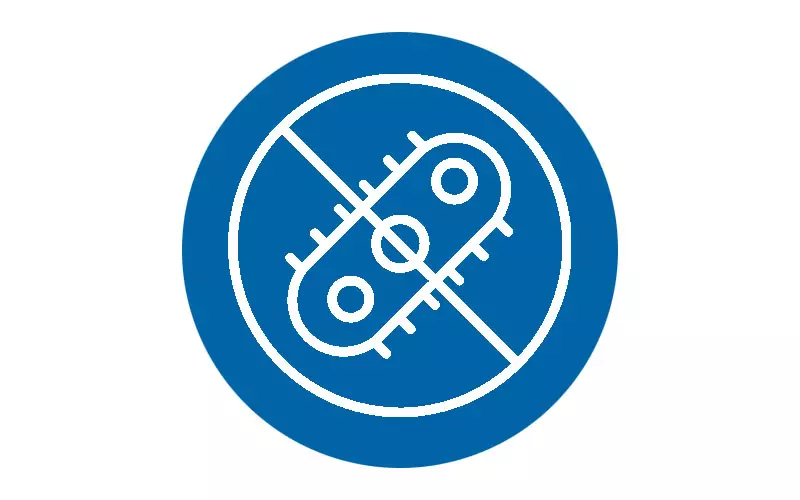
Many disease-causing bacteria are currently developing antibiotic resistance. This is a serious threat to human health. New antibiotics are therefore urgently needed. A project team of ZHAW and ETH is taking up this challenge.
Strategies to reduce mycotoxins in grain side product streams enabling their reintroduction into the food value chain
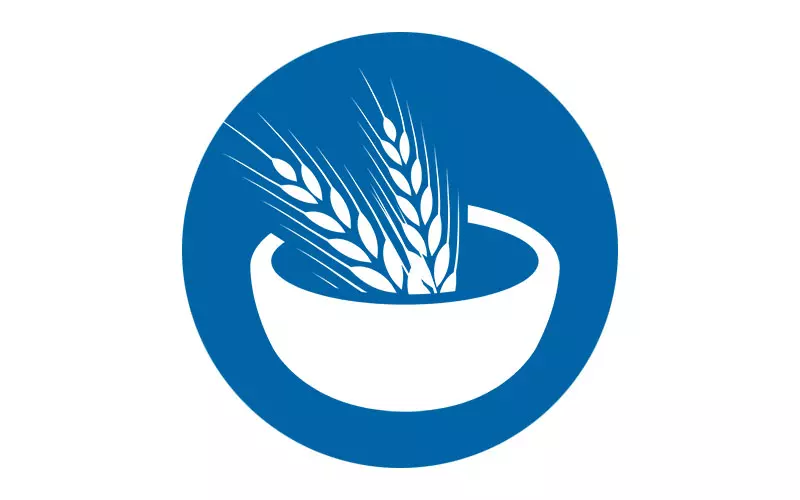
Food safety has become a major challenge within crops in recent years: an estimated 25% of all global crops are affected by moulds. This project aims at developing solutions to reduce mycotoxins in grain through the application of functional microorganisms and / or tailored enzymes.
News
Current projects
-
Digital Health Zurich – A practice lab for patient-centred clinical innovation
Digital Health Zurich researches digital health solutions in the hospital context and implements them efficiently and with practical relevance. Core topics are Patient Reported Outcome Measure (PROMs), remote monitoring, integrated care and related technologies as well as empowerment of patients and staff. Our ...
-
Antibiotic resistances in Enterobacteria
Atypical Enterobacteria are frequently misidentified in clinical diagnostics due to unsettled taxonomy and noisy reference databases. Despite of their environmental origin, they regularly appear in clinical samples and increasingly display multi-drug resistances (MDRs) that are acquired during adaptation to the ...
-
Molecular mechanism of bacteriophage tail spike proteins in bacterial infection
Antibiotic resistance in pathogenic microorganisms is rapidly increasing worldwide which urgently calls for novel agents and innovative solutions for the treatment of bacterial infections. Bacteriophages (phages) infect and inactivate bacteria in a highly specific manner. Therefore, exploitation of phages represents ...
-
Data-driven decision support for intracranial aneurysms and hospital catering using Bayesian networks
Clinical decisions in medicine and management decisions in facility management are regularly made on the basis of little evidence or extrapolations and are also influenced by subjective and economic aspects. While data is generated exponentially in medicine due to increasing digitization, there is no framework for ...
-
Strategies to reduce mycotoxins in grain side product streams enabling their reintroduction into the food value chain
Wheat is one of our key staple foods worldwide and offers high nutritional value, especially when consumed in the form of whole grain. Food safety has become a major challenge in crops in recent years: an estimated 25% of all global crops are affected by moulds1-2. Certain moulds produce mycotoxins, toxic compounds ...
Latest publications
-
Schmitter, Paul; Gatziu Grivas, Stella,
2023.
Die Messung des digitalen Reifegrads.
Clinicum.
2023(3), pp. 58-59.
Available from: https://doi.org/10.21256/zhaw-28509
-
Stäheli, Luca; Schwab, Lisa; Kinner, Mathias; Müller, Nadina,
2023.
Design and functionality of a prototype for cold needle perforation of wheat.
Applied Sciences.
13(10), pp. 6266.
Available from: https://doi.org/10.3390/app13106266
-
Hon, Peiyun; Ko, Karrie K.K.; Zhong, Jonathan C.W.; De, Partha P.; Smits, Theo H. M.; Low, Jiaming; Vasoo, Shawn; Tsui, Clement K.M.,
2023.
Microbiology Resource Announcements.
12(6), pp. e00167-23.
Available from: https://doi.org/10.1128/mra.00167-23
-
Schmitter, Paul; Kirecci, Ilyas; Gatziu Grivas, Stella; Hanne, Thomas; Beck, Chantal,
2023.
Transformation Compass für nicht-medizinische Supportprozesse (DE).
ZHAW Zürcher Hochschule für Angewandte Wissenschaften.
Available from: https://doi.org/10.21256/zhaw-27958
-
Arend, Lavinia N.V.S.; Bergamo, Ricardo; Rocha, Fabiano B.; Bail, Larissa; Ito, Carmen; Baura, Valter A.; Balsanelli, Eduardo; Pothier, Joël F.; Rezzonico, Fabio; Pilonetto, Marcelo; Smits, Theo H.M.; Tuon, Felipe Francisco,
2023.
Dissemination of NDM-producing bacteria in Southern Brazil.
Diagnostic Microbiology and Infectious Disease.
106(2), pp. 115930.
Available from: https://doi.org/10.1016/j.diagmicrobio.2023.115930
Team
The Health Research Hub is driven by a scientific committee and supported by a programme manager:
Commitee
Program Manager
No contact details available.